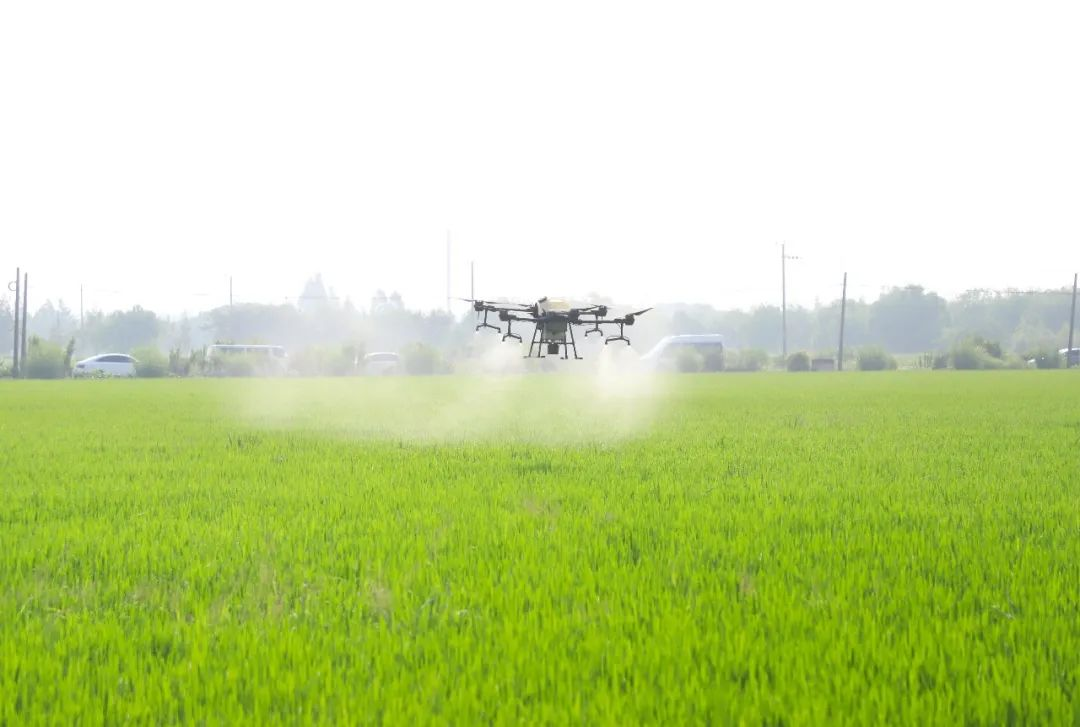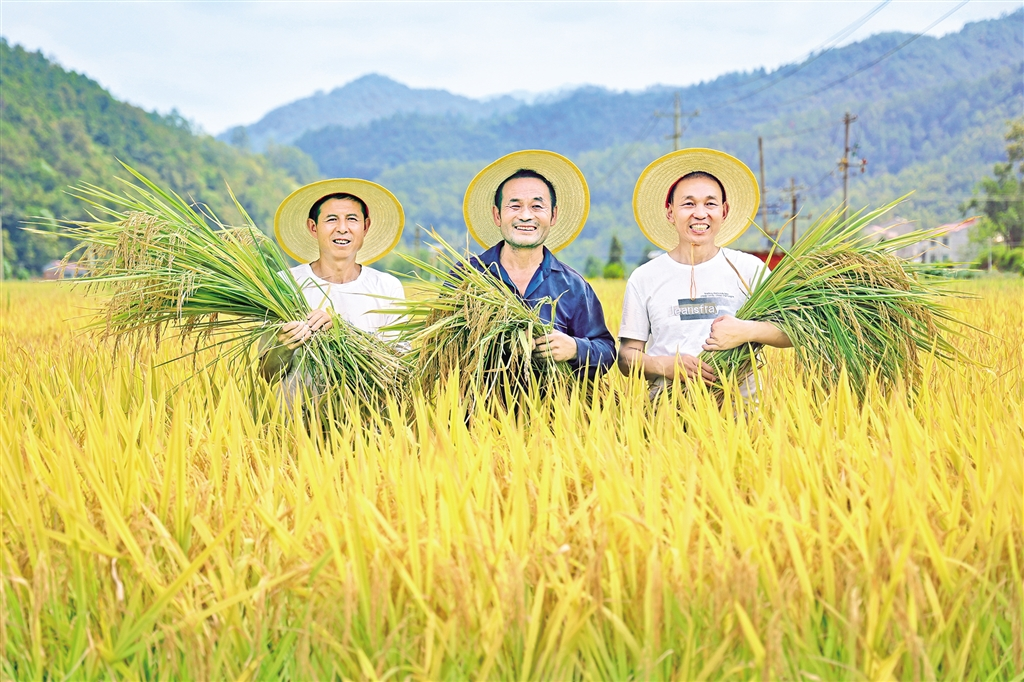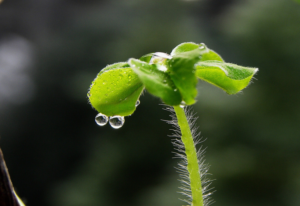What role will agrochemicals play in sustainable agriculture?

In a world focused on sustainable practices, agrochemicals have both defenders and critics. But what role can they truly play in the future of agriculture?
Agrochemicals are critical in modern farming, but their role in sustainable agriculture remains debated. As we seek ways to reduce environmental impact while ensuring food security, agrochemicals must evolve to fit these needs.
As farmers face growing challenges with pests, diseases, and climate change 1
What is the role of pesticides in sustainable agriculture?

In sustainable agriculture, pesticides are often seen as a double-edged sword. On one hand, they are crucial for protecting crops from pests and diseases. On the other hand, their misuse can lead to environmental harm.
Pesticides, when used correctly, can help farmers achieve higher yields while minimizing crop losses. However, their long-term environmental effects, including resistance development and ecosystem disruption, must be carefully managed.
Sustainable agriculture isn't about eliminating pesticides entirely. Instead, it’s about integrating them in ways that protect both crops and the environment. Integrated Pest Management (IPM) is one strategy that aims to reduce pesticide use by combining biological, cultural, and chemical tools. Through this approach, pesticides are only applied when absolutely necessary, thus minimizing their negative impact.
The Importance of Precision in Pesticide Use
With modern technology, precision agriculture has become a game-changer. GPS systems, drones, and sensors allow farmers to apply pesticides only where they’re needed, reducing waste and potential harm. This approach ensures that pesticides target specific problem areas, helping to reduce overall chemical use.
However, there is still concern over the development of pesticide-resistant pests. Over-reliance on chemical solutions has led to resistance in some pest species, creating a vicious cycle of ever-stronger chemicals and greater resistance.
| Benefit of Pesticides | Drawback of Pesticides |
|---|---|
| Increased crop yield | Potential environmental contamination |
| Disease and pest control | Risk of resistance development |
| Protection of food security | Harm to non-target organisms |
What is the role of agrochemicals?
Agrochemicals, including fertilizers, herbicides, and fungicides, are vital in sustaining high agricultural productivity. However, their role in sustainable farming is becoming increasingly complex.
Agrochemicals are necessary for modern agriculture to maintain food production at the scale needed for global populations. But, as we push for sustainability, these chemicals must be used more efficiently and responsibly.
Agrochemicals are critical in improving soil fertility, controlling weeds, and preventing plant diseases, thus ensuring that crops grow efficiently and remain healthy. However, excessive use or misuse of these chemicals can lead to soil degradation, water contamination, and loss of biodiversity. Therefore, agrochemicals in sustainable agriculture must be viewed as part of a broader toolkit that includes biological control, crop rotation, and conservation practices.
How Do Agrochemicals Support Sustainable Agriculture?
Agrochemicals can help farmers grow more food on less land, reducing the need for deforestation and the conversion of natural habitats into farmland. By improving crop yields, agrochemicals reduce the pressure on natural ecosystems, which are often cleared to create more arable land. Furthermore, fertilizers can improve soil quality, ensuring that land remains productive for future generations.
However, sustainable agriculture requires a shift toward using agrochemicals in a way that minimizes their negative impacts. This could include using organic and less-toxic alternatives where possible, or applying synthetic chemicals in a more controlled manner to avoid overuse.
Balancing Benefits and Risks
Agrochemicals have a clear role in enhancing productivity, but their benefits must be carefully weighed against the potential environmental risks. Overuse of fertilizers can lead to nutrient runoff, polluting water systems. Similarly, herbicide and fungicide applications can harm beneficial insects and other organisms that contribute to a healthy ecosystem.
| Type of Agrochemical | Purpose | Potential Risks |
|---|---|---|
| Fertilizers | Boost soil fertility | Water pollution and eutrophication |
| Herbicides | Control weeds | Impact on non-target plants and animals |
| Fungicides | Prevent crop diseases | Resistance development and non-target toxicity |
What role does sustainability play in agriculture?

Sustainability in agriculture is about balancing the need to produce food with the need to protect the environment. This includes using resources efficiently, preserving biodiversity, and ensuring that future generations can meet their food needs.
Sustainability in agriculture focuses on reducing the environmental impact of farming while ensuring that food production meets global demand. Agrochemicals play a part in this, but they must be used in harmony with sustainable practices.
Sustainability in agriculture is driven by the need to address climate change, water scarcity, and soil degradation. Modern agriculture must minimize its environmental footprint while ensuring that farmers can still produce enough food to meet the needs of a growing population. Sustainable practices include reducing chemical inputs, conserving water, and improving soil health. Agrochemicals can support these goals if they are used strategically and in combination with other sustainable practices.
The Pillars of Sustainable Agriculture
Sustainable agriculture relies on three key pillars: environmental health, economic profitability, and social equity. Agrochemicals support the environmental pillar by ensuring that crops can grow in diverse conditions, but their overuse can compromise the system's balance. The economic aspect focuses on making farming profitable while reducing costs, and the social equity pillar ensures that farmers have the tools and resources they need to succeed.
Agrochemicals must be viewed as just one part of a broader system that includes regenerative practices such as crop rotation, agroforestry, and conservation tillage. These practices help to reduce dependency on chemical inputs while maintaining high yields.
The Future of Sustainable Agriculture
The future of agriculture lies in innovation. Agrochemicals are likely to remain a part of farming, but their use will continue to evolve. Biological alternatives, precision application technologies, and improved chemical formulations will help reduce environmental impacts. Additionally, practices like organic farming and regenerative agriculture will become more widespread, pushing the boundaries of sustainability even further.
| Pillar of Sustainability | Focus Area | Agrochemical Role |
|---|---|---|
| Environmental Health | Soil health, water use | Minimizing pollution and degradation |
| Economic Profitability | Cost-effective farming | Efficient use of resources for maximum yield |
| Social Equity | Access to tools and resources | Ensuring fair distribution of benefits |
How do chemical pesticides lose their role in sustainable agriculture?

Chemical pesticides have been a cornerstone of modern farming for decades. But in the context of sustainability, their role is increasingly questioned.
As sustainability becomes a central concern, chemical pesticides face criticism for their environmental impact. Overuse, resistance, and harmful effects on ecosystems make it clear that alternatives must be found.
Chemical pesticides, while effective in the short term, can lead to long-term environmental damage. Overuse often results in the development of resistant pests, making future control efforts more challenging and costly. Additionally, pesticides can contaminate soil and water, harming beneficial organisms like pollinators, which are vital to agriculture.
The Impact of Pesticide Overuse
One of the major concerns with chemical pesticides is resistance. When pests are exposed to pesticides over time, they can evolve and become resistant, rendering the chemicals ineffective. This leads to a cycle where stronger and more toxic chemicals are required, further harming the environment. Resistance is a growing issue for farmers, making integrated pest management (IPM) an increasingly important strategy. By combining biological controls, crop rotation, and less-toxic chemicals, farmers can slow the development of resistance.
The Shift Towards Biological Control
The future of pest control is likely to include more biological solutions, such as predators, parasitoids, and biopesticides, which are derived from natural sources. These alternatives are less likely to lead to resistance and have fewer harmful environmental effects.
| Impact of Pesticides | Result | Solution |
|---|---|---|
| Resistance in pests | Reduced effectiveness | Integrated Pest Management (IPM) |
| Soil contamination | Harm to soil health | Biopesticides and organic alternatives |
| Water pollution | Ecosystem damage | Precision pesticide application |
Conclusion
Agrochemicals will play a role in sustainable agriculture, but only if their use is adapted to meet environmental needs. By focusing on responsible management, innovation, and integration with sustainable practices, we can strike a balance between productivity and environmental stewardship.
-
Understand the impact of climate change on agriculture and how agrochemicals help mitigate these challenges., agrochemicals have been a key tool in maintaining crop yields. However, there is increasing pressure to ensure that these chemicals are used responsibly. Let’s dive into the complex relationship between agrochemicals and sustainability in agriculture. ↩


One Response
I can’t help but feel that this is the kind of work that will stand the test of time. There’s a timeless quality to your writing that transcends trends and fads. It’s the kind of piece that people will look back on years from now and still find meaning in.